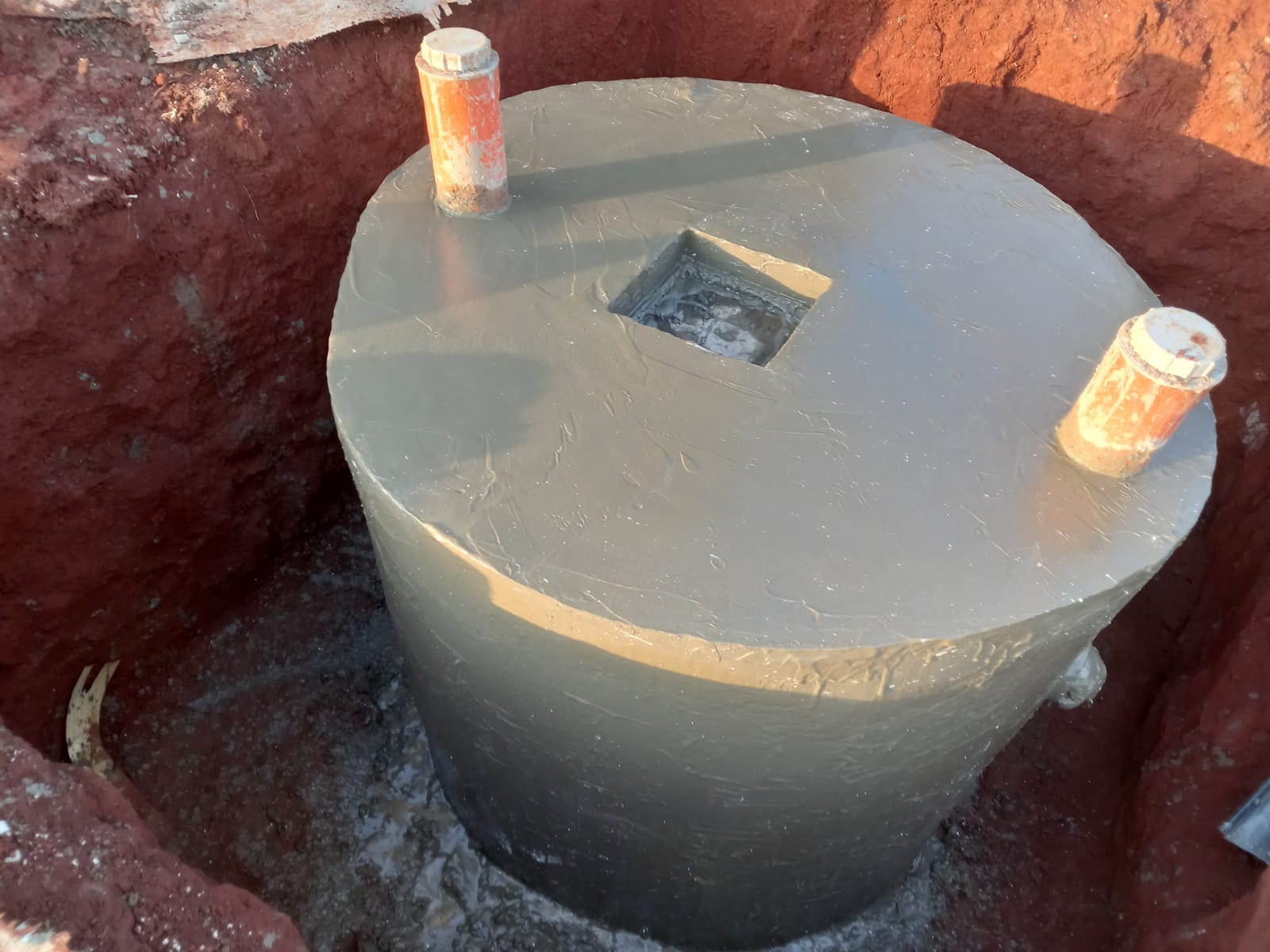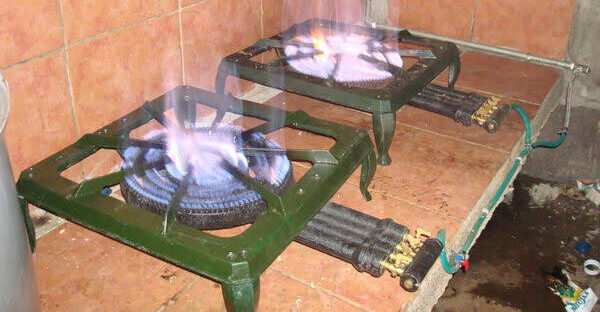This is system that biologically digests organic materials, either through the aerobic process (with oxygen) or anaerobically (without oxygen). Bacteria and other Microbes degrade the organic materials mostly food, including greases, fat and even animal manure.

They are closed systems; thus, give off no odor unlike toilets and other waste pits. This eliminates rodents and flies from the setup, boosting hygiene.

A biodigester also reduces food waste and saves money by reducing hauling costs. The capacity of organic materials a biodigester can process depends on the size; larger the digester more materials it can handle.
One of the greatest advantages of biodigesters is that they are eco-friendly and reduce an establishment’s carbon footprint significantly (a win for Mother Nature). Organic materials decaying in landfills release carbon dioxide and methane contributing to climate change and Global warming.
Food waste count for the largest category of organic materials in landfills. If food waste and other organic materials are diverted from landfills to biodigesters then carbon dioxide and methane can be captured and used safely without endangering the environment.
AEROBIC BIODIGESTER
Let us look at the process of an aerobic biodigester. In this process, there is presence of oxygen and much faster in breaking down organic materials is much faster as compared to an anaerobic digester in about 24 hours. (This process does not produce biogas).
Aerobic digesters break down materials into gray water that can be disposed of in drainage systems or utilized as an organic fertilizer for farms. This type of biodigester can be easily integrated into existing infrastructure.
ANAEROBIC BIODIGESTER
An anaerobic biodigester on the other hand breaks down organic materials in the absence of oxygen. This
type of biodigester can digest food scraps, grease, fats, oils, animal manure and yard wastes. Anaerobic biodigesters produce digestate and biogas as byproducts.
WHAT IS DIGESTATE? HOW IS IT BENEFICIAL?

Digestate is the material remaining after completion of anaerobic digestion. It is rich in organic nutrients, such as phosphorus and nitrogen. Farmers can use the digestate to earn revenue by selling it as a fertilizer or fertilize their own crops and improve yields and soil quality. An anaerobic biodigester provides an ideal solution for the organic farming sector in the agricultural industry.
WHAT IS BIOGAS? HOW IS IT BENEFICIAL?

Biogas is mainly made up of methane and produced when food and animal waste decompose. Biogas can be stored and used as a sustainable energy source for electricity, cooking, and heating.
Electricity is the second-largest contributor of greenhouse gases in the world due to most of the energy produced in the world is from fossil fuels. Biogas is an environmentally friendly alternative to fossil fuel-derived energy.
Utilizing biogas will help facilities decrease the need for energy from the grid, cutting back the electricity cost. Also, by capturing methane from animal manure and human waste and using it beneficially, farms and homes can significantly reduce greenhouse gas emissions.

cont'd
Human waste disposal in innocuous forms has become a pandemic. It is causing various problems, including aesthetic nuisance, organic pollution and several infectious diseases caused by contaminated water and the environment. Like many other countries, people without proper homes tend to pollute the environment, which is very risky.

Luckily with biodigester technology, many people can now change that. With less pollution, gas and water it has helped homes to live better with access to biogas for cooking and other applications. Modern shipping container homes are also using these, as they take up less space hence a better solution than the previous septic tanks.
With the threat untreated waste has brought about like being responsible for several diseases, such as: dysentery, diarrhea, amoebiasis, viral hepatitis, cholera, and typhoid this biotechnology comes at the best time to save the environment.
ADVANTAGES
The popularity of biodigesters has grown because of their many benefits. Below are some of the benefits they exhibit and why you should think about incorporating one into your next housing project.
- No pungent smells in toilets from the tanks
- Economical on space
- No infestation of rats, cockroaches and flies
- No clogging of digester
- Reduction in disease causing pathogens
- Environment friendly and approved by NEMA
- No post maintenance required
- No requirement of adding bacteria or enzymes to decompose the waste.
- No need for removal of solid waste
CONCLUSION
These bio digesters have overtaken the old and traditional methods of waste management. They are more efficient and effective in how they work. Although home waste is mostly unable to produce enough biogas for use and you can source animal waste from nearby farms to achieve that.
For any additions and/or corrections, email editor@fundilink.co.ke



